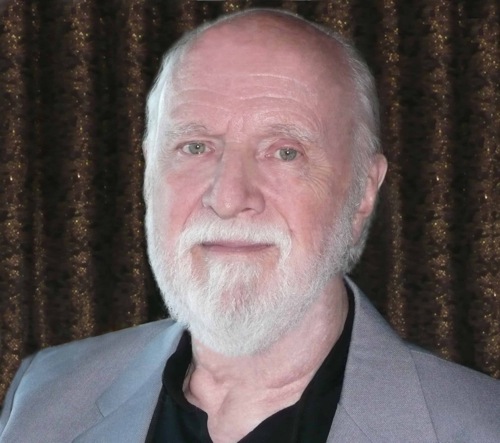 |
| Boston.com |
Matheson, who died at age 87, was one of the great
fantasists of the 20th century. I had no idea he was gone until early Tuesday,
and spent some time that day reflecting on his body of work and his approach to
writing and living.
His novels and short stories became the films “The
Incredible Shrinking Man,” “I am Legend” (also adapted as “The Last Man on
Earth” and “The Omega Man”), “Duel,” “The Legend of Hell House,” “Somewhere In
Time,” and “What Dreams May Come,” among many others. His work for television
included scripting several classic episodes of “The Twilight Zone,” “Star
Trek,” “The Outer Limits,” adapting Ray Bradbury’s “The Martian Chronicles” as
a mini-series, and many more.
 |
| AintItCool.com |
He created the character of Karl Kolchak in the
original teleplay, “The Night Stalker,” and ensured a generation’s bad dreams.
In a 2004 interview (which you can link to in the
online version of this column at PanamaCity.com), Matheson called his novel
“What Dreams May Come” his most effective because it had relieved many readers
of their fear of death — “the finest tribute any writer could receive.” I have
not read his book, “Hunted Pa
“To die is nothing. To live is
everything.”
Unlike Bradbury, whose name I immediately equated
with the greatest in fantasy and sci-fi from an early age, Matheson was a slow
burn toward recognition; I was late to connect his name to all the various
thrills and chills the man’s work had elicited in me. I don’t recall how or
when I realized he had created so many of the films, TV shows and stories I’ve
enjoyed.
And I return to the moon, its light a reflection of
the sun’s, a symbol of subtlety — as Matheson worked his influence.
Sunday, I followed my daughter out of the house to
view the moonrise. It passed among clouds and loomed behind tall pines as the
lonely call of a whippoorwill (in legend regarded as a harbinger of death) carried
across the hill. For all its size, the orb was not as impressive in my mind as
that of Saturday, which had the advantage of context both beautiful and surreal.
That evening, a low tide left an expanded shoreline
along St. Andrew Bay oran ge,
reflecting on the dark bay.
A couple passed along the tide line, walking their quiet
dogs on leashes. Just a few minutes earlier, we’d all been serenaded by guests
practicing their bagpipes under moss-draped trees — the night literally blessed
by carols and hymns — and joked about the howling of dogs.
And then, the moon: Bright and cold, white as bone,
rising slowly over the city to our east and easing out above the bay. It was a
night for dogs to howl, for whippoorwills to call, for fish to look up and
humans to wonder, like Matheson and like Shakespeare before him, in that sleep
of death, what dreams may come?
Peace.
(This is my Undercurrents column for PanamaCity.com and The News Herald for Friday's edition, June 25, 2013.)
No comments:
Post a Comment